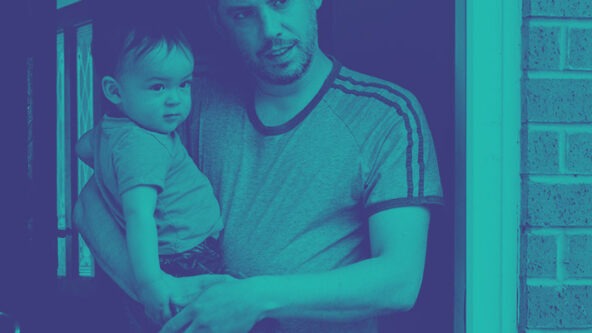There are several housing options available for domestic abuse victims in the UK. Here’s an overview of the main options:
Emergency Accommodation
- Refuges: Specialist safe houses for women and children fleeing domestic abuse
- Emergency council accommodation: Local authorities may provide temporary housing
Local Authority Housing
- Homeless applications: Victims of domestic abuse are considered priority need for housing
- Council housing lists: Domestic abuse victims may receive additional priority
Housing Associations
- Some housing associations have specific programs for domestic abuse survivors.
Private Renting
- With assistance from local councils or charities for deposits and initial rent.
Sanctuary Schemes
- Home security improvements to allow victims to remain safely in their current home.
Staying Put Programs
- Support to help victims stay in their own home while the abuser is removed.
Specialised Accommodation
- For specific groups (e.g., LGBTQ+ individuals, men, or those with complex needs).
Legal Options
- Occupation Orders: Can exclude the abuser from the family home.
- Transfer of Tenancy: In social housing, tenancy may be transferred to the victim’s name.
Friends and Family
- Temporary stays with trusted people, often as an immediate solution.
Supported Housing
- Accommodation with on-site support for those needing additional assistance.
Key points to remember
- Local councils have a duty to house you if you’re homeless due to domestic abuse
- Victims don’t need to have left the abusive home to apply for housing assistance
- Support is available regardless of immigration status, though options may vary
- Many domestic abuse services can assist with housing applications and advice
To access these options
1. Contact your local council’s housing department.
2. Reach out to domestic abuse support services for guidance.
3. Call the National Domestic Abuse Helpline for advice (0808 2000 247).
4. Consult a housing advisor at organisations like Shelter or Citizens Advice.
Remember, your safety is paramount. If you’re in immediate danger, call 999. For personalised advice on your specific situation, it’s best to speak with a domestic abuse support worker or housing specialist.
If you are concerned about your welfare or housing needs as a result of domestic abuse, contact Sarah Lightfoot-Webber, our Domestic Abuse specialist, on 01489 774821 or [email protected] for a free, informal and confidential appointment.



